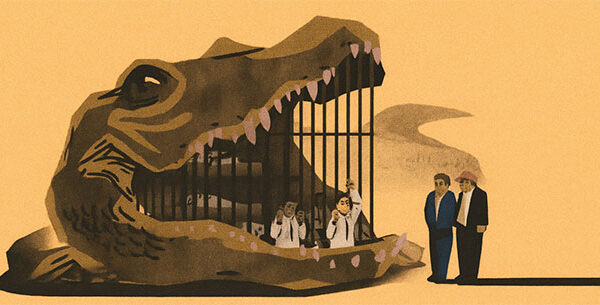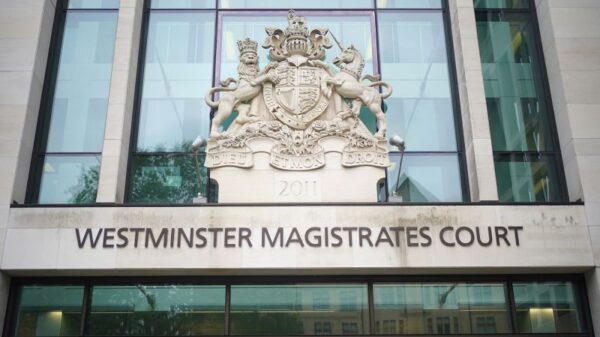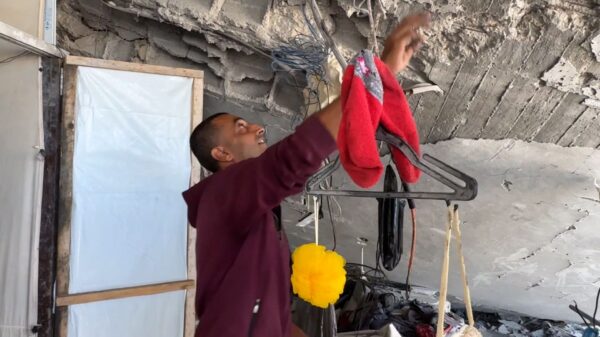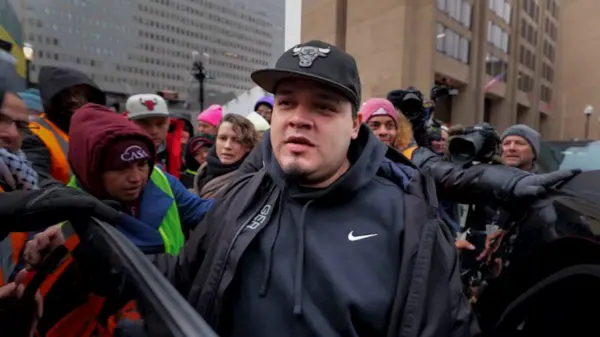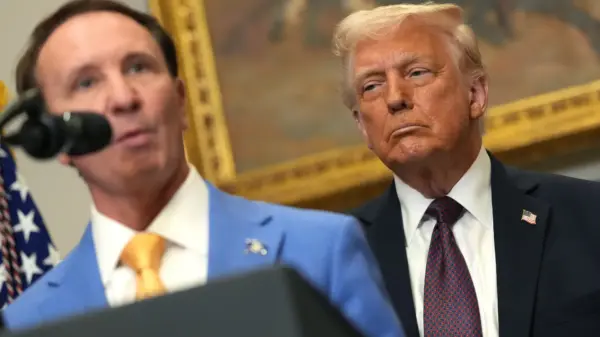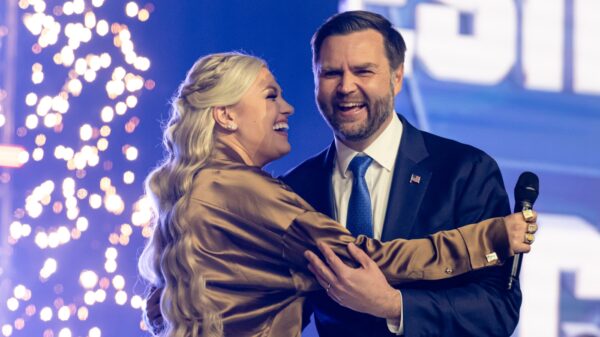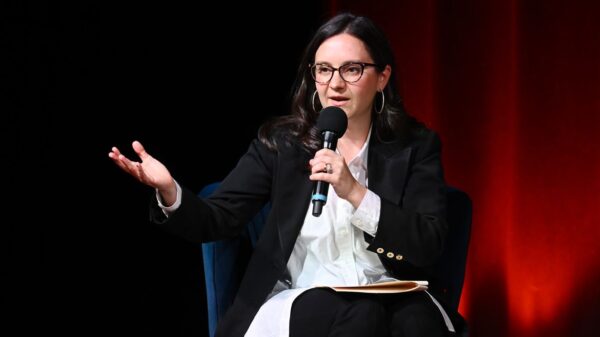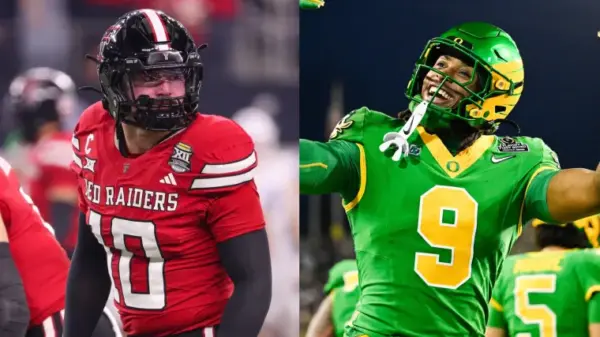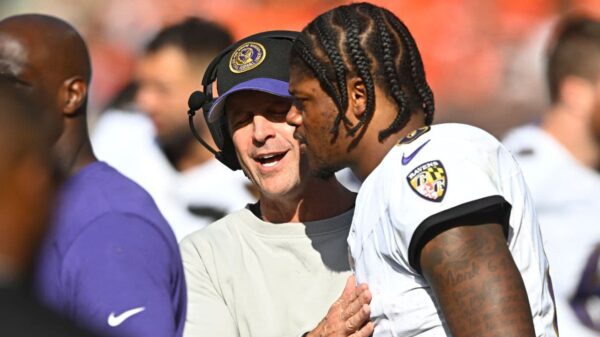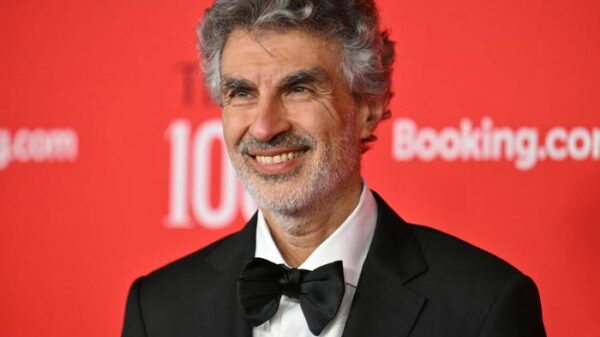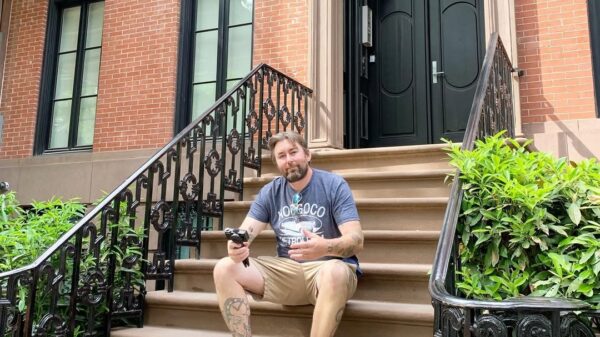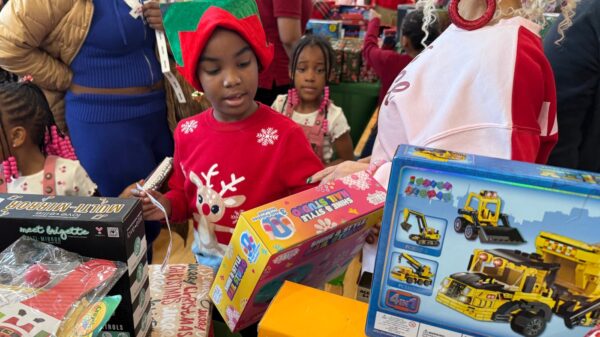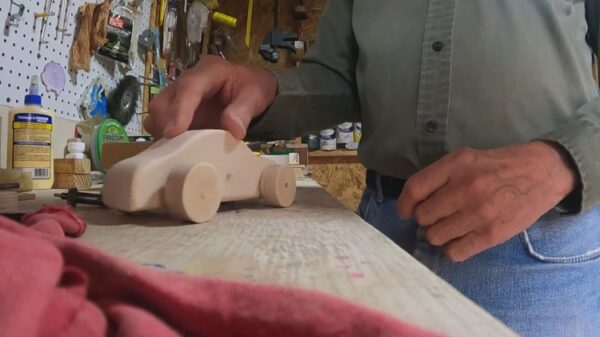Border Patrol Commander Gregory Bovino has publicly responded to criticism from Chicago Mayor Brandon Johnson, asserting that the mayor’s rhetoric against police is contributing to rising violence against law enforcement. This exchange follows a federal court order requiring Bovino to testify regarding his actions during protests, including mandates for wearing a body camera and nightly reporting to U.S. District Judge Sara Ellis.
The tensions have escalated in light of ongoing incidents in Chicago’s Little Village neighborhood, where clashes have occurred amid the federal enforcement initiative known as Operation Midway Blitz. This operation has resulted in over 1,000 migrant arrests in Illinois and has faced backlash from local officials. Governor JB Pritzker has accused federal agents of racial profiling and illegal detentions, claims that federal officials have denied.
Bovino, who was labeled “barbaric” by Johnson, argued that such language exacerbates violence against officers. “He did call me that word ‘barbaric,’ and that is what we’re talking about with the heated rhetoric that causes violence against law enforcement officers,” he stated during an appearance on “The Faulkner Focus”. He emphasized the daily risks faced by his officers in their efforts to maintain public safety in the city.
The controversy surrounding Bovino’s actions stems from accusations that he used riot-control weapons, such as tear gas, against protesters despite a court order prohibiting such measures. A video of Bovino deploying tear gas during these incidents is currently under judicial review. Complaints have surfaced regarding excessive force used by law enforcement, prompting the court’s involvement.
In response to the scrutiny, the Department of Homeland Security released video evidence showing projectiles striking Bovino during protests, supporting his claims of being under attack. Prominent border security figure Tom Homan defended Bovino, asserting that law enforcement must sometimes rely on measures like tear gas and pepper balls when facing violent confrontations.
Bovino has expressed his willingness to comply with the court’s orders, including meeting with Judge Ellis daily to provide a firsthand account of the challenges and violence faced by law enforcement in Chicago. “If she wants to meet with me every day, then she’s going to see just how bad things really are on the streets of Chicago,” he remarked, highlighting the severity of the situation.
The ongoing clashes in Chicago are part of a larger national discussion regarding immigration enforcement, police conduct, and the dynamics between federal agencies and local communities. The situation brings to light the complexities of border control operations and the political divisions surrounding immigration policy.
As the debate continues, it is clear there remains a critical need for a balance between enforcing federal laws, safeguarding civil liberties, and ensuring the safety of both law enforcement officers and the public. The developments in Chicago reflect growing tensions and the urgent need for dialogue among all parties involved to address these pressing issues.





